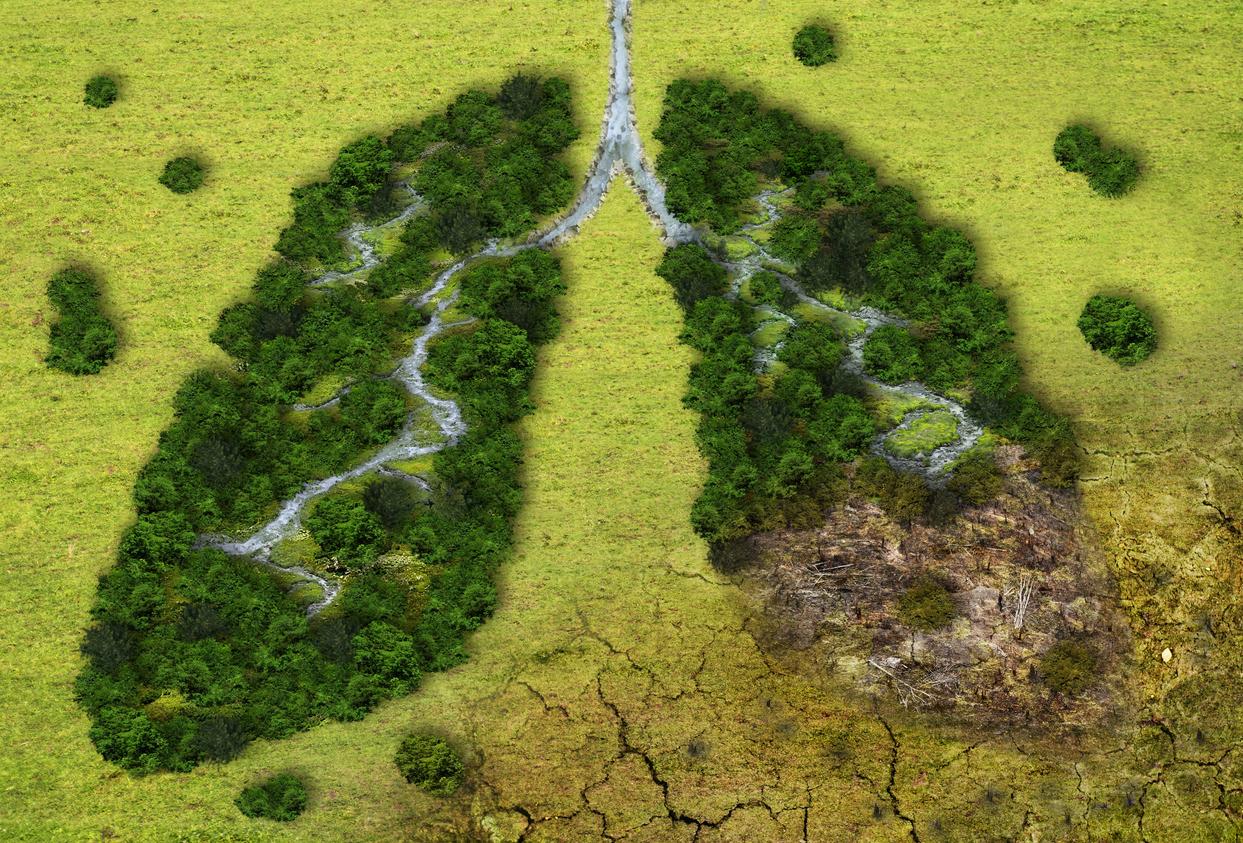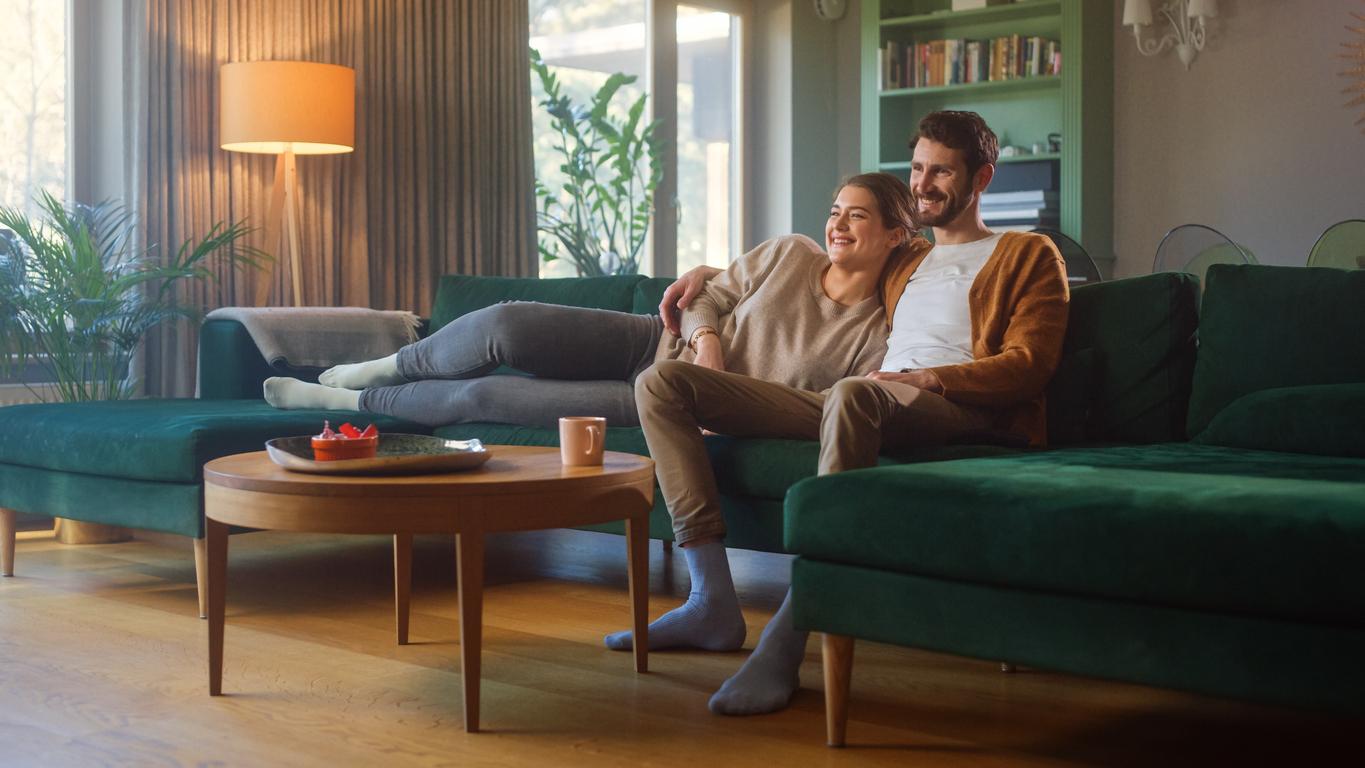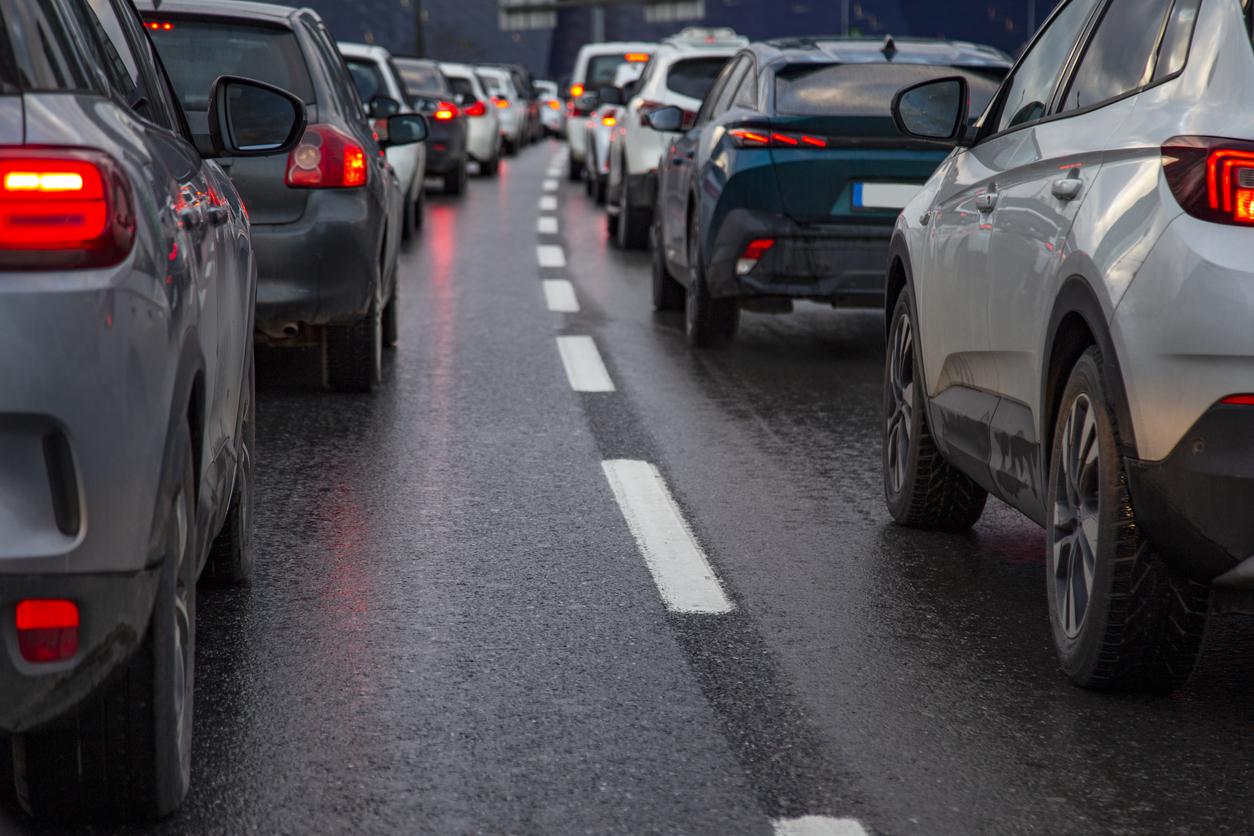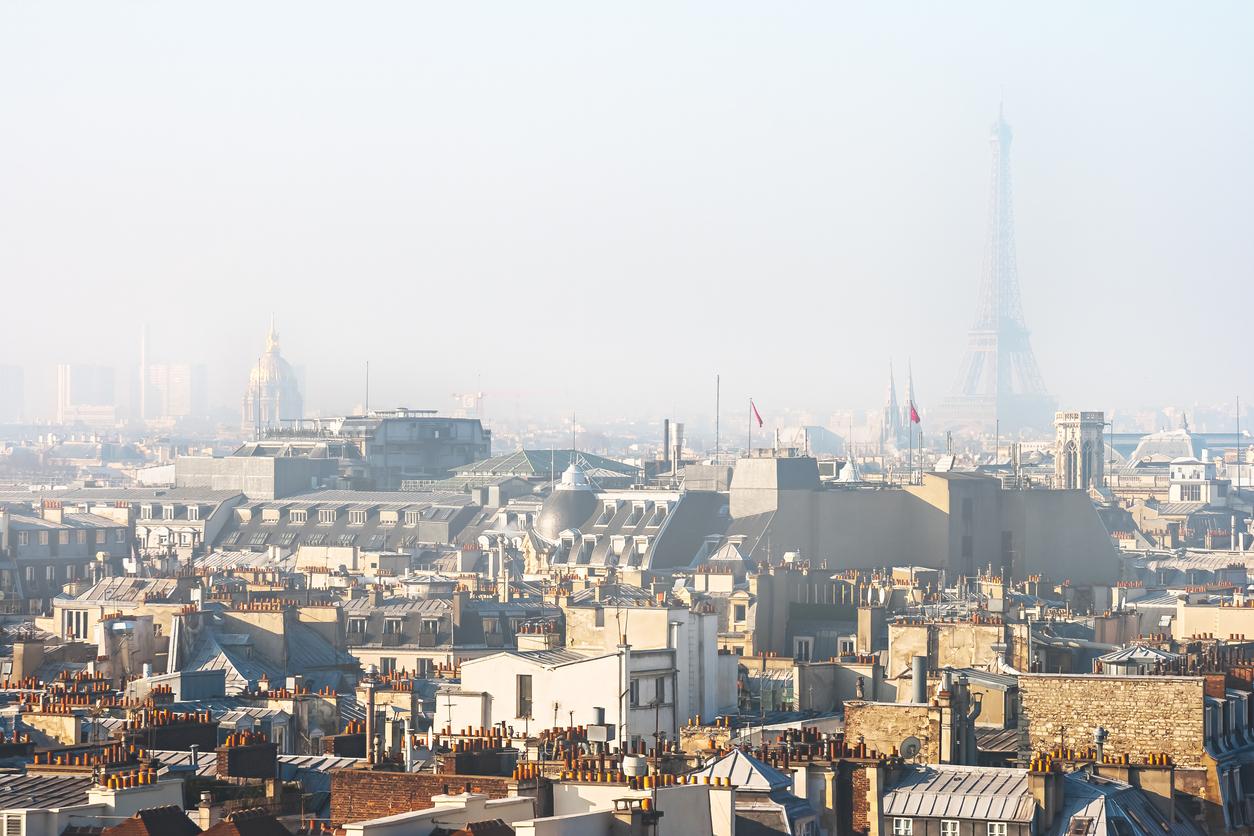Last October, the state was fined a record 20 million euros for its lack of action to tackle air pollution. But concretely, what are the undesirable effects on health of these concentrations of pollutants in the atmosphere? Answers with pulmonologist Dr Frédéric Le Guillou, president of the French respiratory health association.

Why Doctor: What is the level of air pollution in France?
Air quality in France has improved over the past 20 years, partly thanks to certain directives taken at European level and by the French State.
But today, air pollution is still responsible for around 48,000 premature deaths each year in France. However, in these official figures, only the levels of fine particles and nitrogen dioxide are taken into account. We can only quantify what we measure, but if we added pesticides, phytosanitary products, household sprays (etc.), which are also responsible for major pollution, we would be closer to 70,000 deaths per year.
Itchy eyes, scratchy throat… the fault of irritating particles
Is the air healthier in the countryside than in the cities?
Do not think that the air in the countryside is less polluted. Admittedly, there is less pollution linked to cars, but that of pesticides and phytosanitary products is greater. There was an interesting investigation on the side of Bordeaux on the consequences of the treatments of the vine by pesticides. We noticed that with each spraying, there was an increase in the number of rhinitis in children, even though they lived several kilometers from the treated area. We can also mention the worrying number of cases of blood cancer in children in Charente-Maritime…
“In the long term, this air pollution can lead to or aggravate many pathologies”
What are the short and long term effects of pollution on the body?
In clinical terms, the immediate effects are caused by irritants such as sulfur dioxide or nitrogen. This causes symptoms like itchy eyes, scratchy throat, cough, etc. These manifestations are all the stronger during pollution peaks.
In the long term, this air pollution can lead to or aggravate many pathologies: asthma, cardiovascular and neurological diseases, fetal development disorders, cancers, etc.
There is also an increase in respiratory allergies which are due in particular to our lifestyles and to the development of cities which has not been considered with health professionals. For example, we put grass everywhere on the roundabouts. It’s the same in the south of France where we have planted far too many cypresses… However, we know that to reduce the risk of allergy, we must diversify the plantations as much as possible!
The mask, a “good solution” to protect yourself from allergens and pollution
How to protect yourself from pollution? Is the mask useful?
Yes, the mask is a good solution when you are exposed to allergens and to protect yourself from pollution, especially when going out during peaks. A classic mask filters on average 70% of particles and an FFP2 mask filters 85%. It should be noted that the people most at risk are the embryo, the baby, the children, the elderly and all people who have chronic respiratory pathologies (asthma, COPD, cystic fibrosis, etc.), heart failure and those suffering from neurological diseases.
“The biggest source of pollution is inside homes and offices”
Can we, ordinary citizens, improve air quality?
Sure ! Indeed, it takes action from the state, but the citizen also needs to change his way of life, which is much more difficult. We talk a lot about outdoor air quality, but the biggest source of pollution is inside homes and offices! Scented candles, incense, household cleaners… are irritants for the respiratory tract that must be reduced or even banned. This is also the case for paints, or glues for furniture. To protect yourself, the ideal would be to unpack these products, leave them outside to air out before mounting them two or three days later. But you can’t always enforce that, so you also have to improve the standards. And then, we can never repeat it enough, you must ventilate your home for at least 30 minutes every day and have suitable ventilation.
Everyone must also try to reduce car use, especially for short journeys. This is possible because 50% of trips are less than 5 km and could therefore be done by bike, for example (when the situation allows it). For people who have the budget, it is also necessary to stop the oil and coal boilers.

















